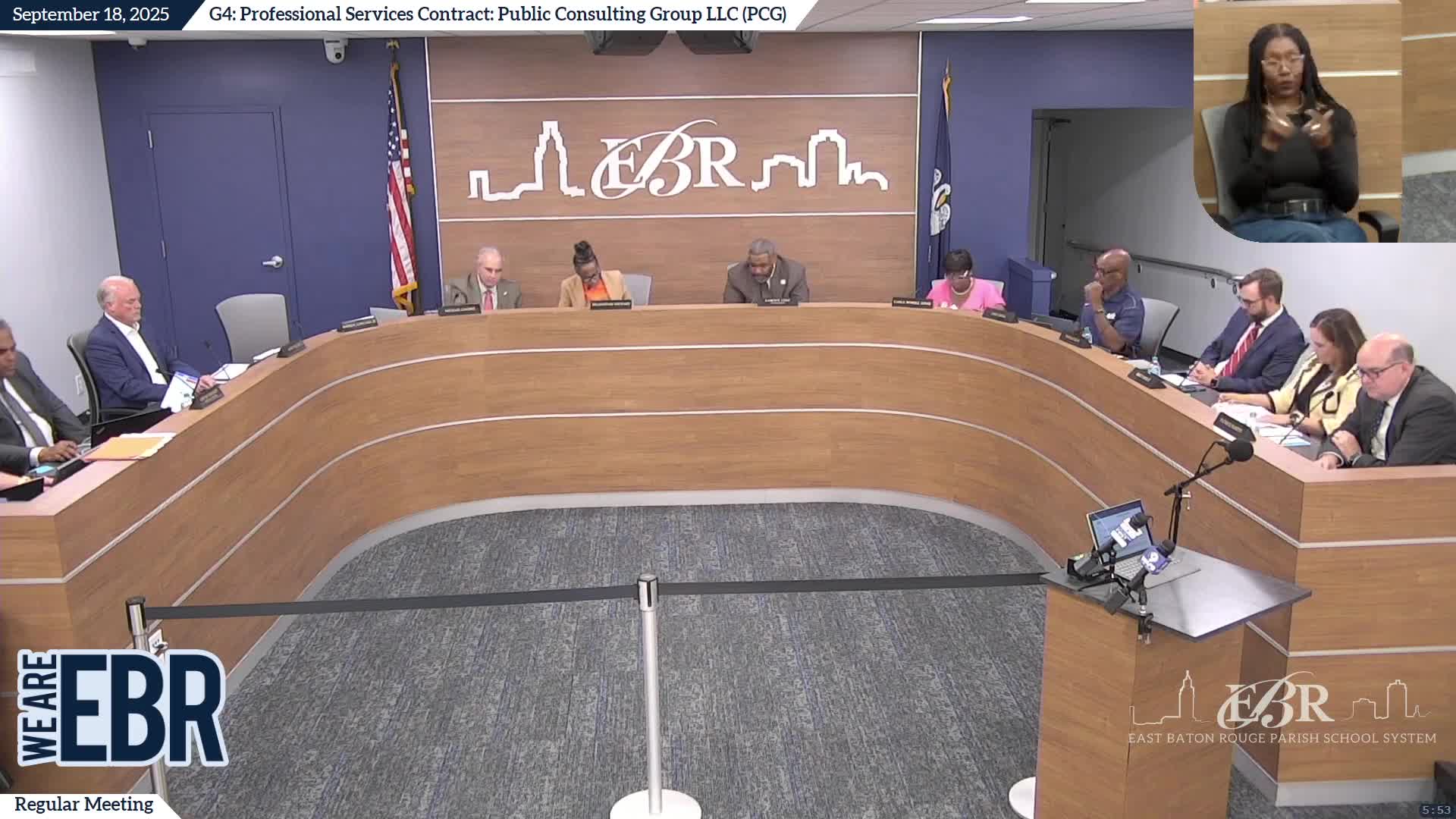Article not found
This article is no longer available. But don't worry—we've gathered other articles that discuss the same topic.
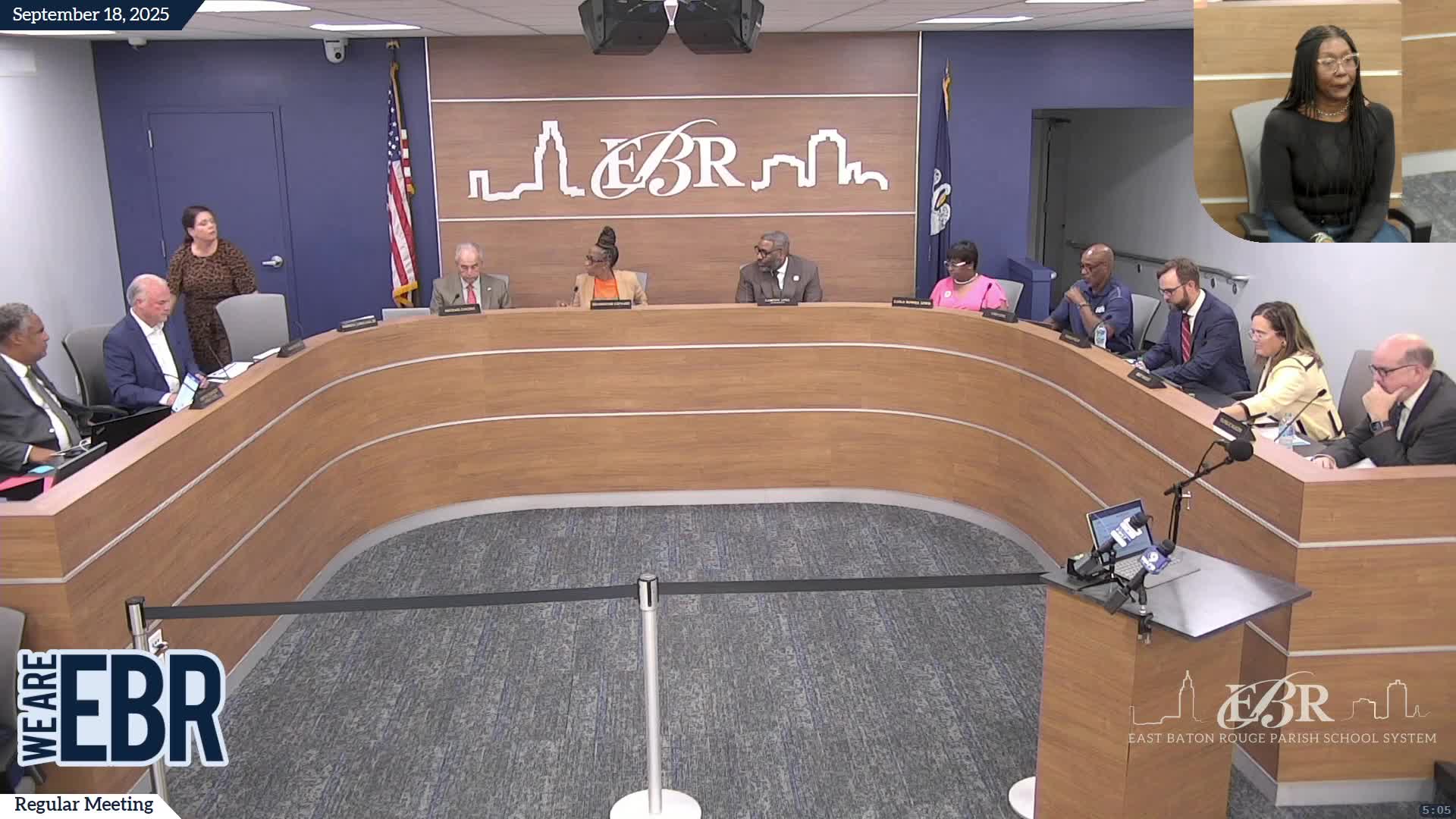
Votes at a glance: minutes, litigation, contracts, stipends, charter motion and expulsions
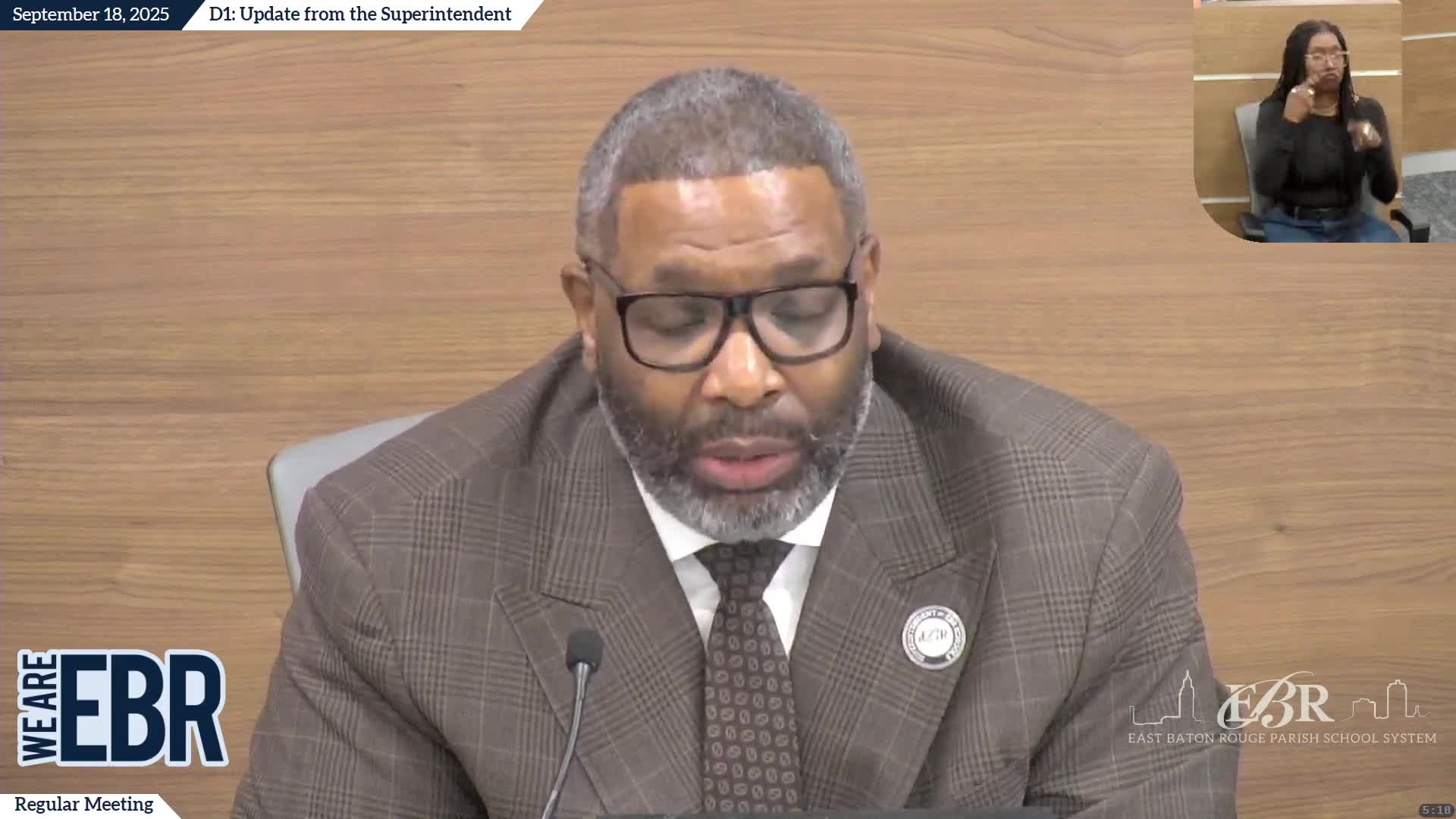
Park Forest Middle principal outlines gains in attendance, mastery and school culture
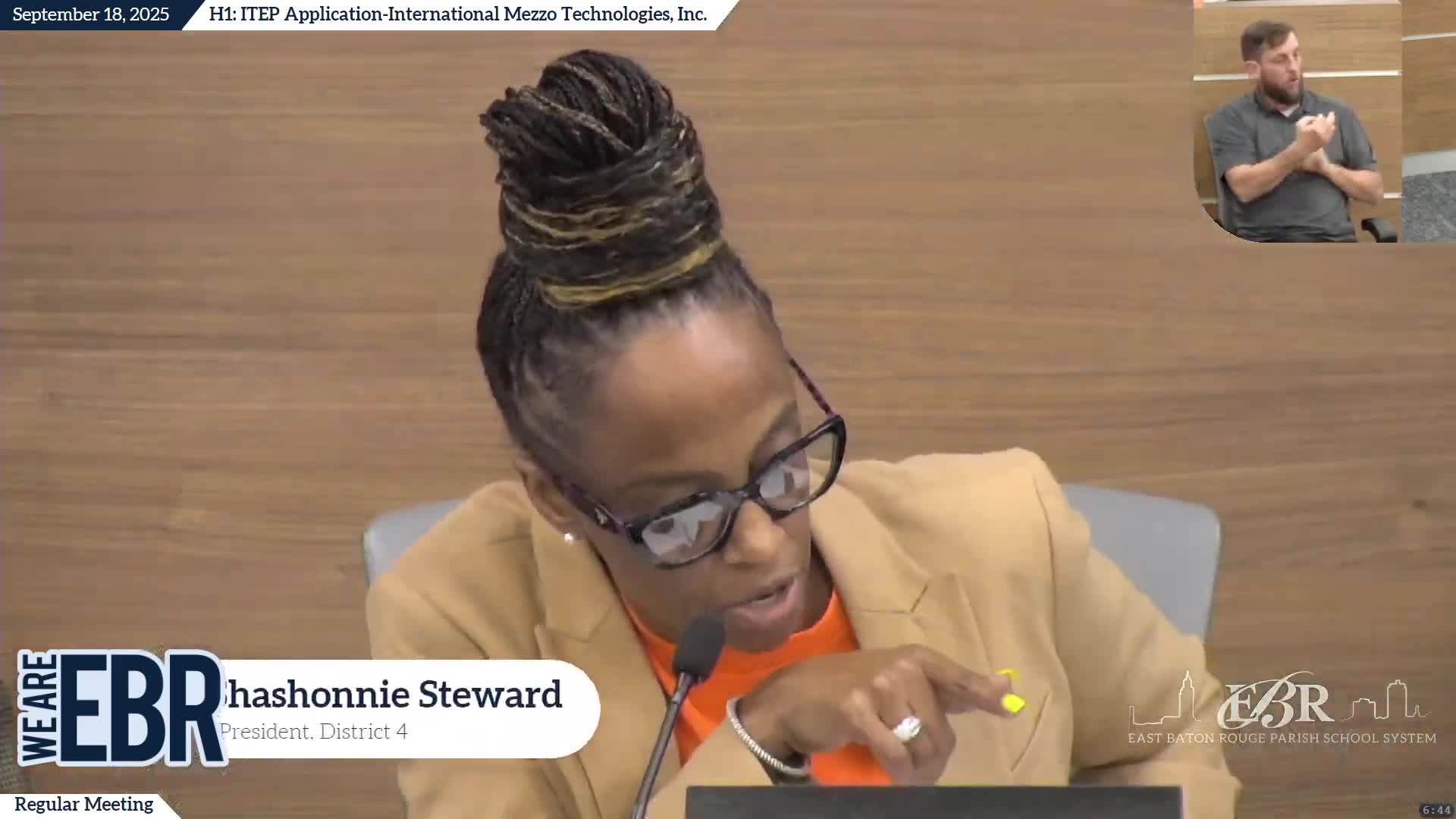
Board approves two industrial tax-exemption requests; members seek internship commitments
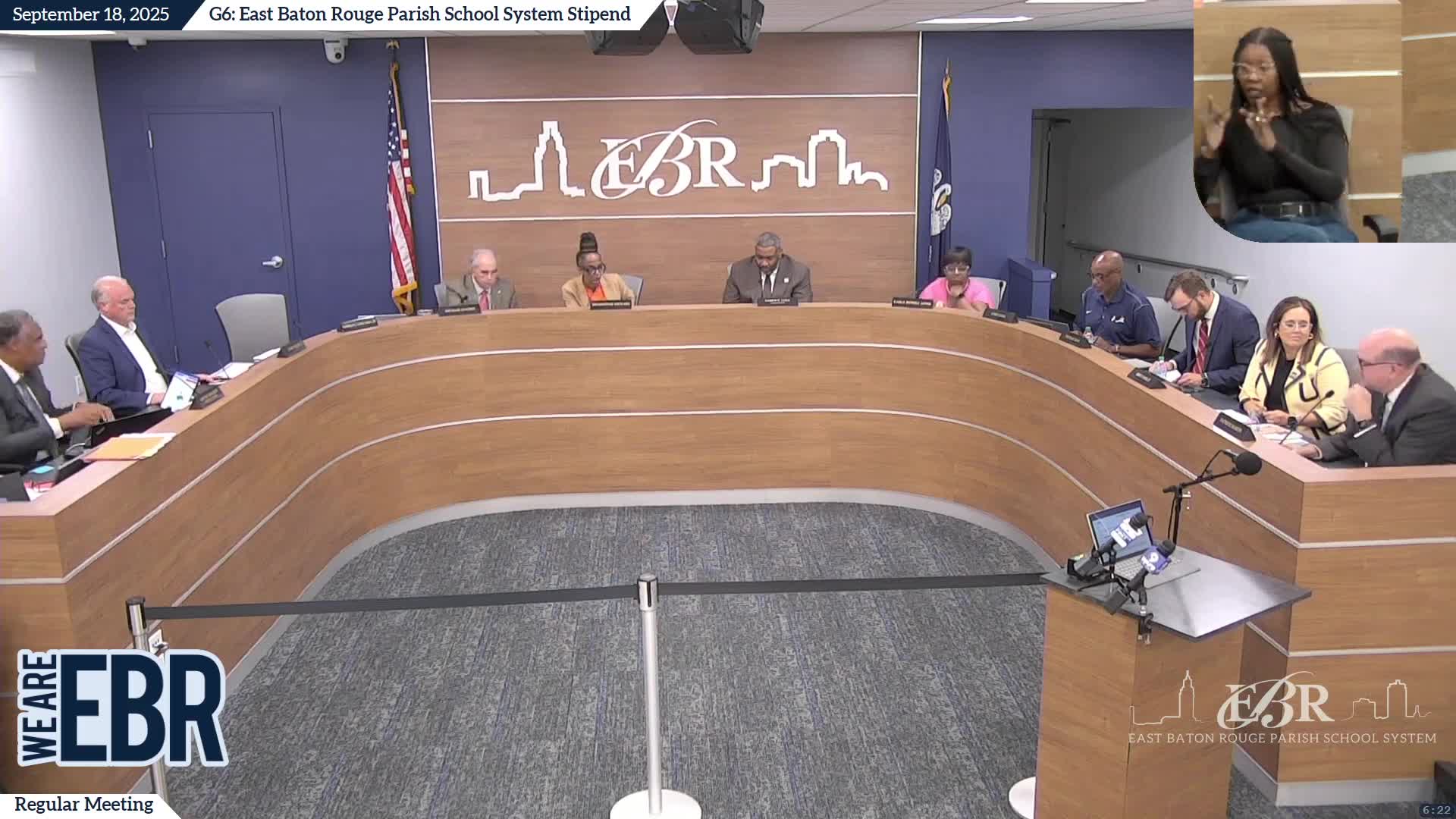
Board approves district staff stipends and schedules distribution dates
